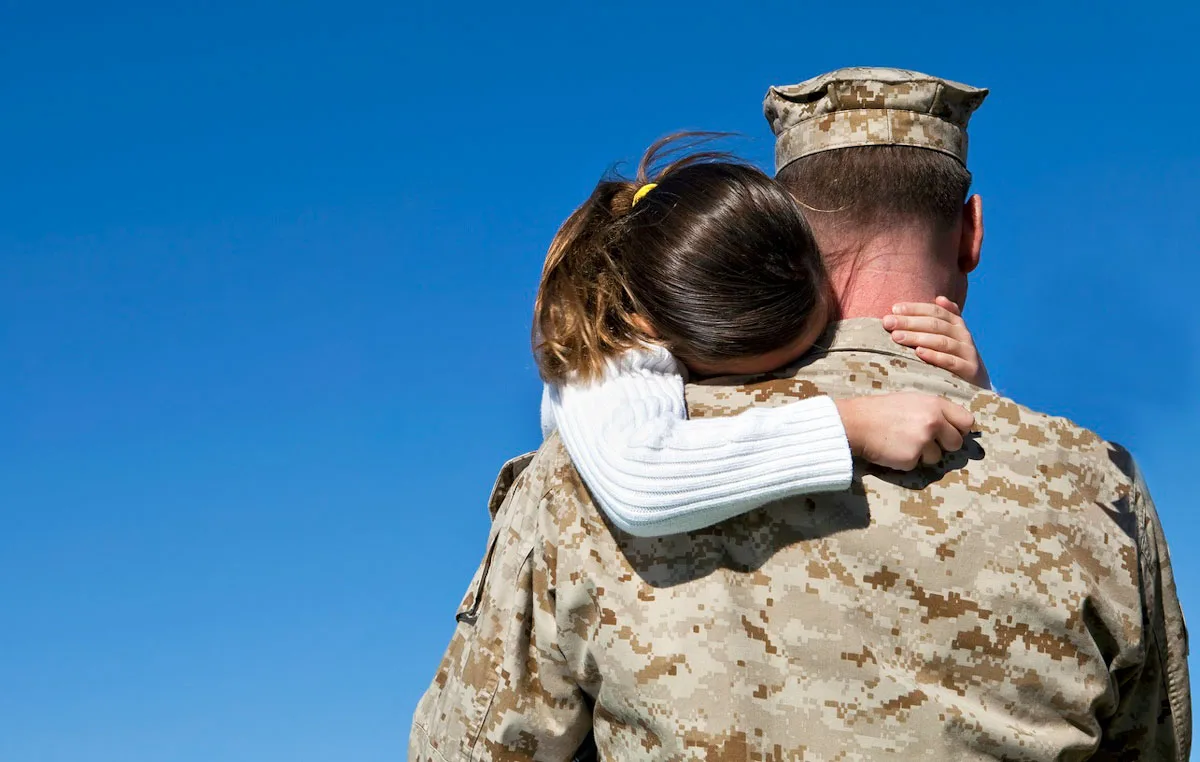Table of Contents
Introduction
Military service often involves exposure to traumatic experiences that can have lasting effects on the mental and emotional well-being of veterans. From combat-related injuries to the psychological toll of witnessing violence and loss, the journey of healing from military trauma is a complex and deeply personal one. In this comprehensive guide, we’ll explore the challenges faced by veterans in coping with trauma, the strategies and resources available for healing, and the importance of support and understanding throughout the journey.
Understanding Military Trauma
Military trauma encompasses a range of experiences, including combat exposure, physical injuries, sexual assault, and the loss of comrades. These traumatic events can trigger a variety of psychological reactions, such as post-traumatic stress disorder (PTSD), depression, anxiety, substance abuse, and suicidal ideation. The effects of military trauma may manifest immediately or emerge years later, impacting every aspect of a veteran’s life, from relationships and work to physical health and emotional well-being.
The Veteran’s Journey to Healing
Healing from military trauma is a multifaceted and often nonlinear process that requires time, patience, and support. While every veteran’s journey is unique, there are common themes and strategies that can facilitate healing and recovery.
Acknowledging the Impact
The first step in healing from military trauma is acknowledging the impact of the experiences endured. This may involve confronting painful memories, emotions, and beliefs about oneself and the world. Veterans may benefit from therapy, support groups, or peer counseling to help them process their experiences in a safe and supportive environment.
Seeking Treatment
Treatment for military trauma may involve a combination of therapies, including cognitive-behavioral therapy (CBT), exposure therapy, eye movement desensitization and reprocessing (EMDR), medication, and alternative approaches such as yoga, mindfulness, and art therapy. Veterans are encouraged to explore different treatment options to find what works best for them.
Building Resilience
Building resilience is an essential aspect of healing from military trauma. This involves developing coping skills, self-care practices, and supportive relationships that help veterans navigate the challenges they face. Resilience-building activities may include physical exercise, relaxation techniques, hobbies, and volunteering in the community.
Finding Meaning and Purpose
Finding meaning and purpose in life can be a powerful motivator for healing. Many veterans find fulfillment in giving back to others, pursuing education or career goals, and advocating for causes they believe in. Engaging in meaningful activities and connecting with others who share similar experiences can provide a sense of belonging and purpose.
Resources for Veterans
There are numerous resources available to support veterans in their journey to healing from military trauma. These include:
- Department of Veterans Affairs (VA): The VA offers a wide range of services for veterans, including medical care, mental health treatment, disability compensation, and vocational rehabilitation.
- Veterans Service Organizations (VSOs): VSOs such as the Veterans of Foreign Wars (VFW), American Legion, and Disabled American Veterans (DAV) provide advocacy, support, and camaraderie for veterans.
- Nonprofit Organizations: Many nonprofit organizations, such as Wounded Warrior Project, Operation Homefront, and Give an Hour, offer programs and services specifically designed to meet the needs of veterans and their families.
Conclusion
Healing from military trauma is a challenging and deeply personal journey, but it is one that is possible with the right support, resources, and resilience. By acknowledging the impact of trauma, seeking treatment, building resilience, and finding meaning and purpose, veterans can navigate the path to healing and reclaim their lives. It’s essential for veterans to know that they are not alone and that help is available to support them every step of the way.
You can find additional information here on Veteren’s Trauma.
If you want to know about THE SCIENCE BEHIND DEPRESSION: UNDERSTANDING NEUROCHEMICAL IMBALANCES – EXCLUSIVE REPORT, then do follow here.

1 thought on “Healing from Military Trauma: An Awe-inspiring Veteran’s Journey”